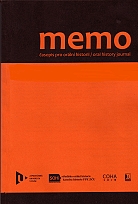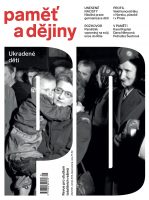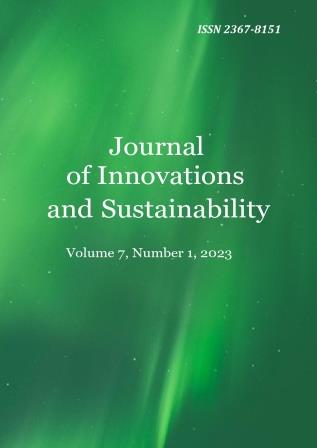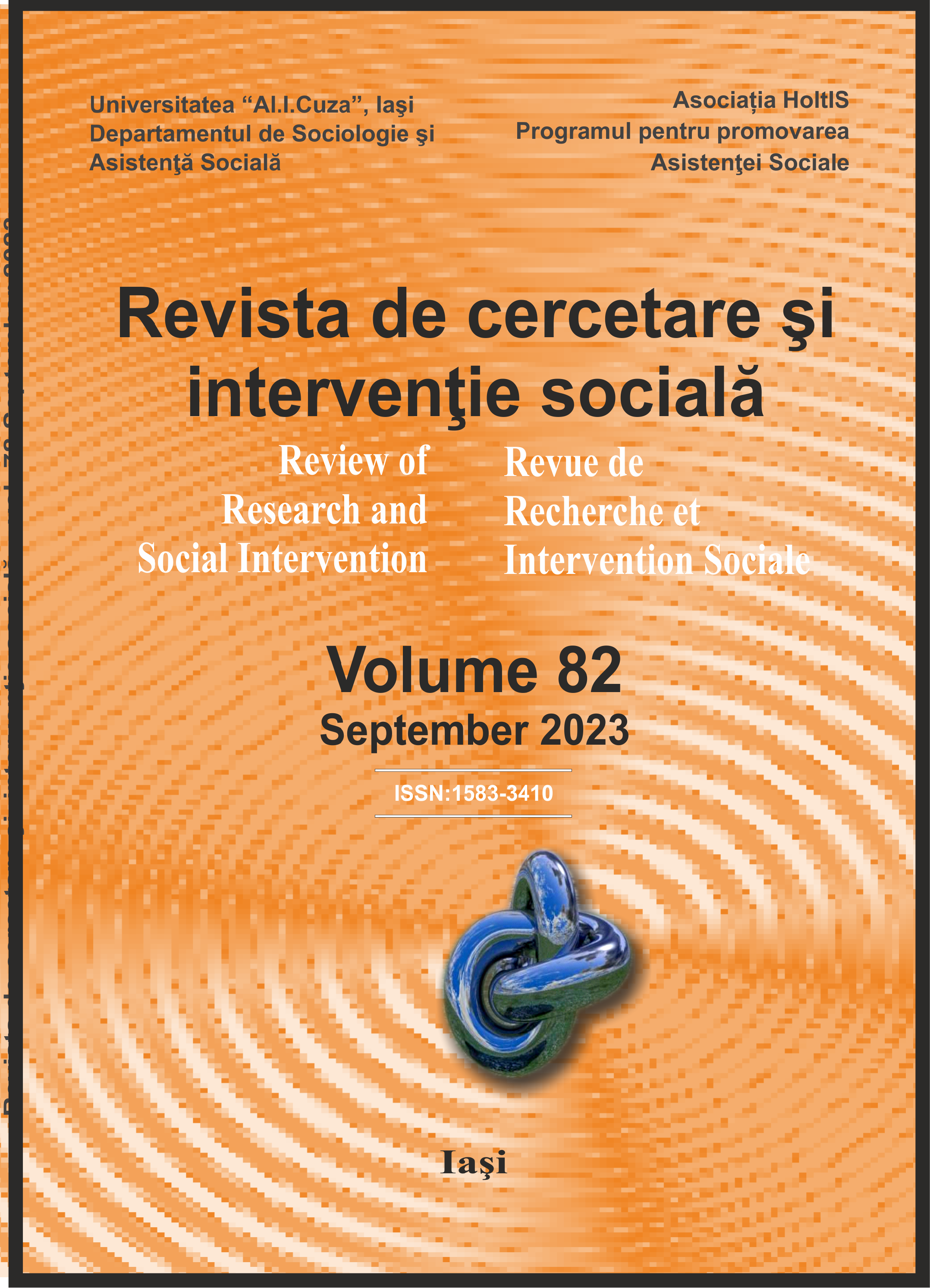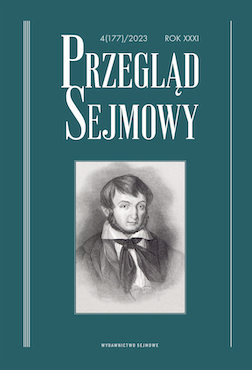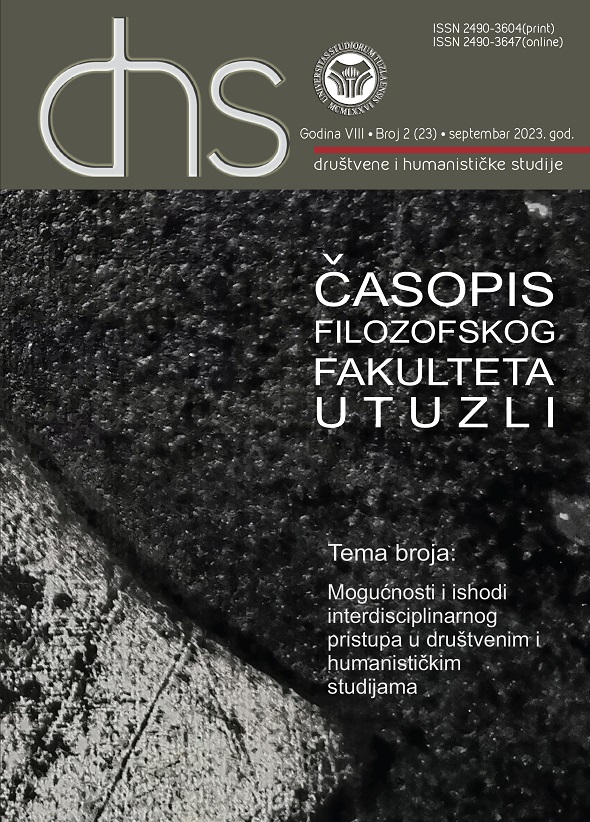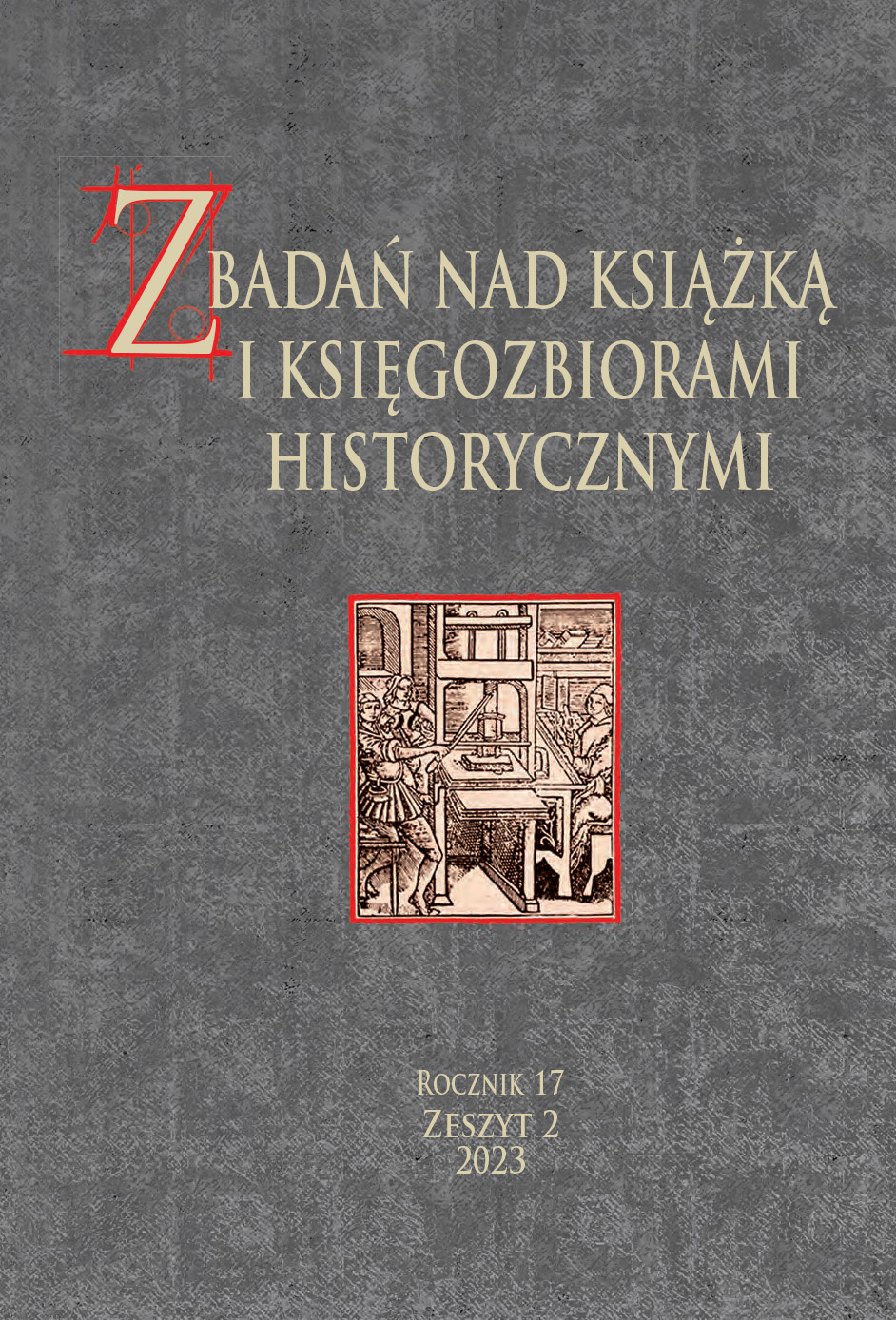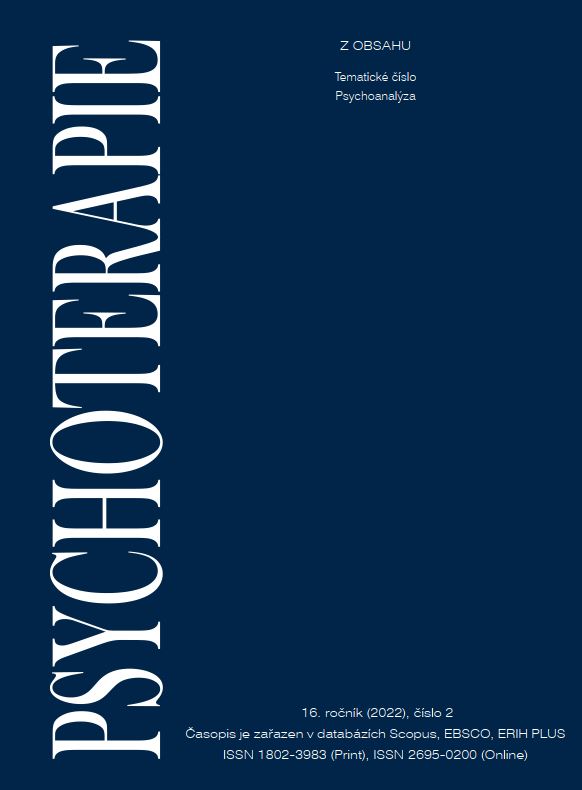Author(s): Svitlana Nykyporets,Iryna Stepanova,Nataliia Hadaichuk / Language(s): English
Issue: 1/2023
Purpose. The purpose of this article is to investigate the current state of Open Educational Resources (OER) adoption in Ukraine, identifying the challenges, opportunities, and its potential impact on the nation’s educational landscape. Furthermore, the study aims to contribute to the broader understanding of OER implementation in transitioning countries and underscore the role of OER in promoting knowledge democratization, fostering innovation, and enhancing critical thinking and digital literacy skills among learners. Results. The investigation revealed that Ukraine has made significant strides in adopting OER, primarily driven by government initiatives, international partnerships, and growing awareness among educators and institutions. However, the implementation of OER is still uneven, with marked disparities in access and usage between urban and rural areas, as well as among various educational levels and disciplines. One notable finding is the positive impact of OER on students’ learning experiences, with improved engagement, critical thinking, and digital literacy skills reported across diverse settings. Additionally, the investigation highlighted the importance of ongoing professional development for educators to effectively integrate OER into their teaching practices and curricula. Despite these advancements, challenges persist, such as a lack of quality control mechanisms, limited digital infrastructure, and language barriers, which hinder the broader adoption of OER in Ukraine. The study concludes by emphasizing the need for continued investment in digital infrastructure, capacity building, and policy support to harness the full potential of OER in democratizing knowledge and fostering lifelong learning in the country. Scientific novelty. The scientific novelty of this investigation lies in its comprehensive analysis of OER adoption within the unique context of Ukraine, a transitioning country grappling with various political, social, and economic challenges. By examining the interplay of governmental policies, institutional involvement, educators’ perspectives, and students’ experiences, this study offers a holistic understanding of the OER ecosystem in the country. Additionally, the research contributes to the broader discourse on OER implementation in transitioning countries, highlighting the transformative potential of OER in democratizing knowledge and fostering skill development in such contexts. Practical value. The practical value of this investigation stems from its potential to inform policymakers, educators, and institutions in Ukraine about the current state of OER adoption and the existing challenges, enabling them to make informed decisions and develop targeted strategies for effective OER integration. By identifying opportunities and best practices, this study can serve as a roadmap for expanding access to quality education and bridging the gap between urban and rural learners. Furthermore, the insights gained from this research can be applied to other transitioning countries, encouraging the adoption of OER to enhance educational systems and promote lifelong learning on a global scale.
More...
